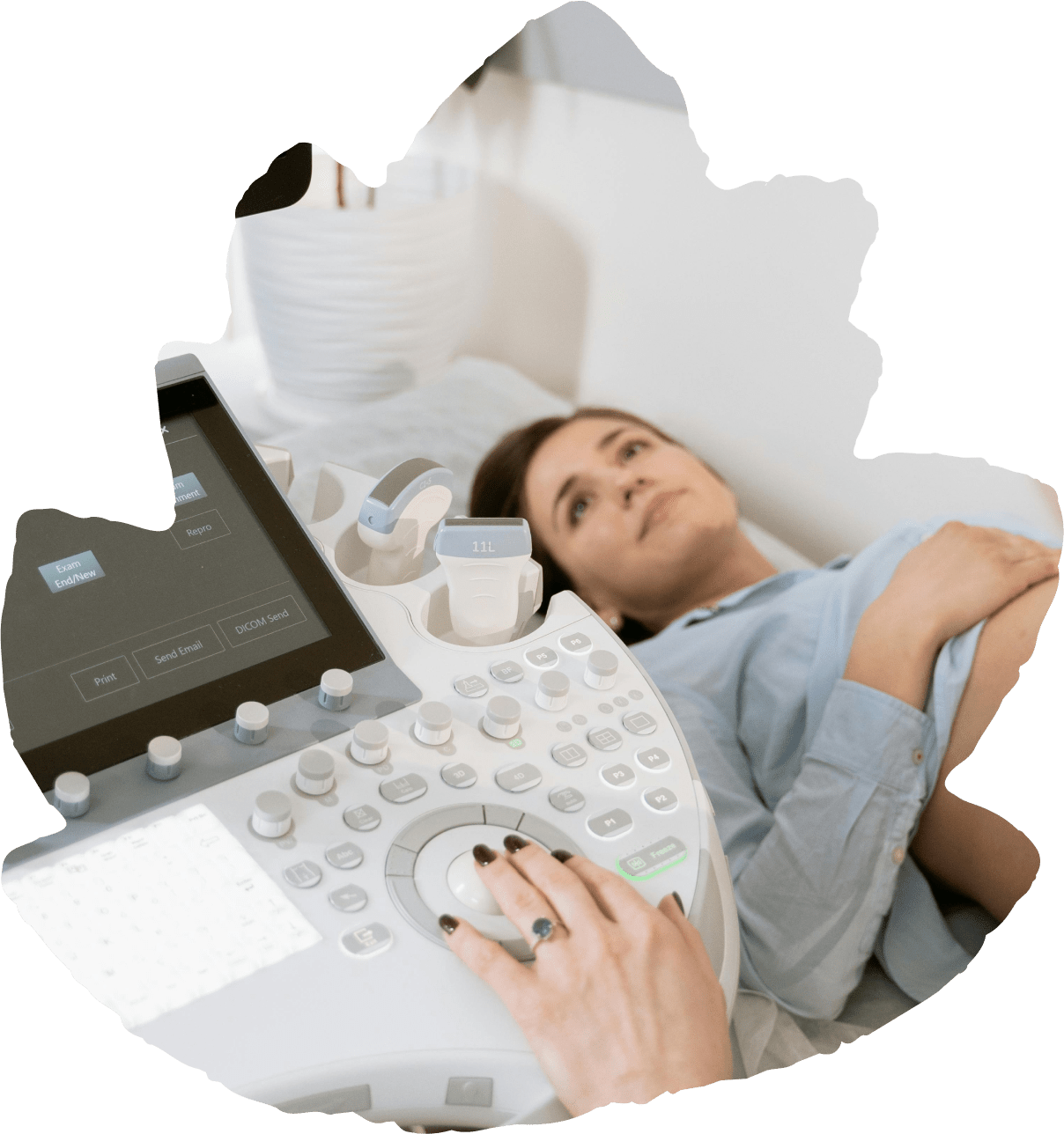About
Fertility Medicine
Early Pregnancy
Gynaecology
Treatment and Procedures
Clinic Info
Contact




However, some ectopic pregnancies can be symptoms free.
As ectopic pregnancy progresses, it can evolve into more concerning signs. The major risks of an ectopic pregnancy are associated with it rupturing, which can be associated with fainting, shoulder pain, intense pressure in the rectum, severe lower abdominal pain and low blood pressure.
Ectopic pregnancies are usually diagnosed with a combination of blood test(s) (often more than one) and a pelvic ultrasound.
Contact us today to schedule a consultation and take the first step towards realising your parenthood goals.


